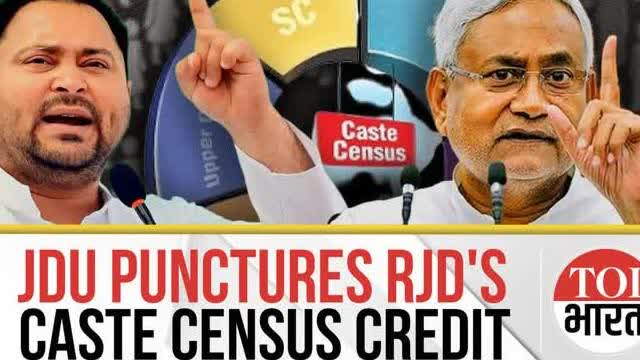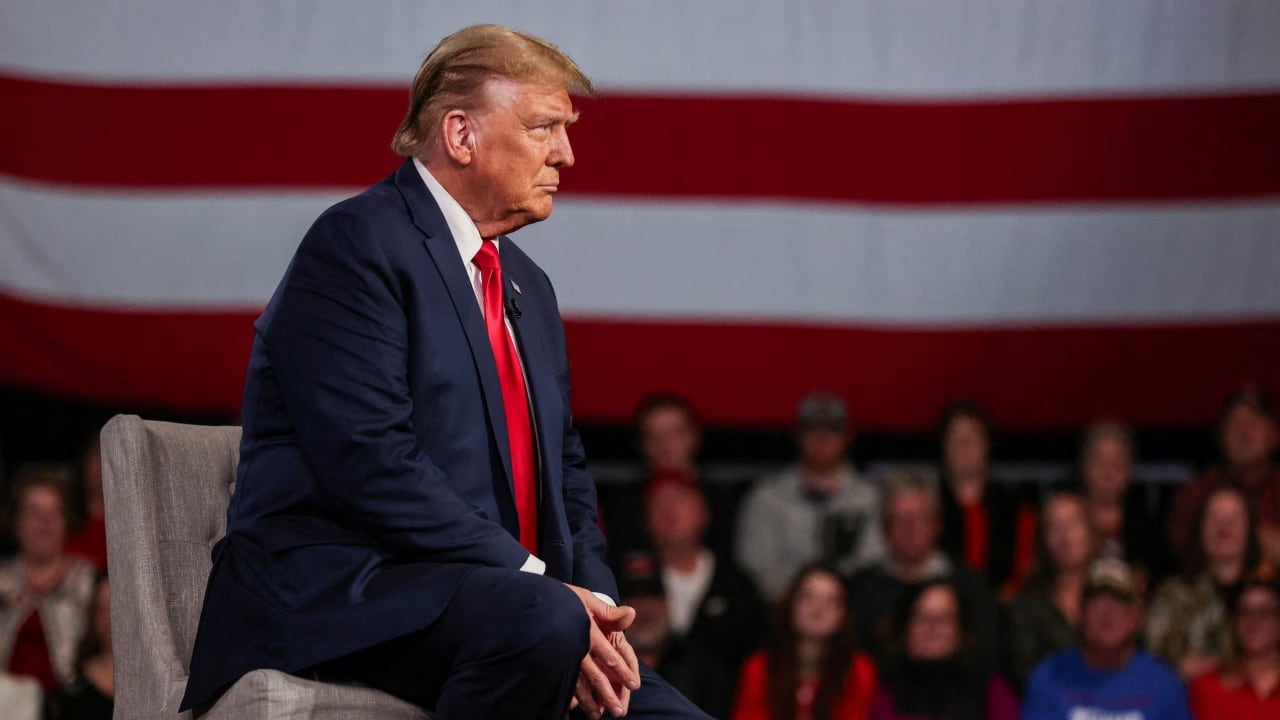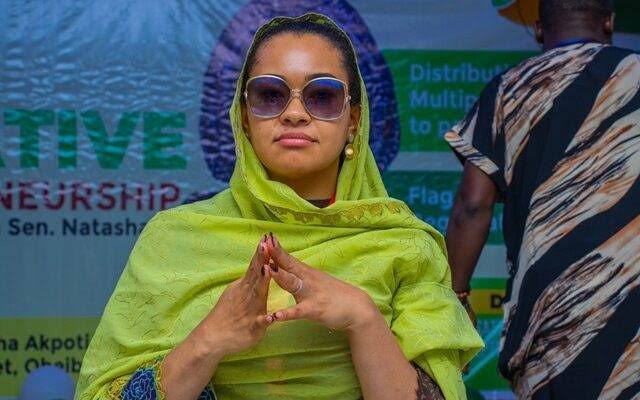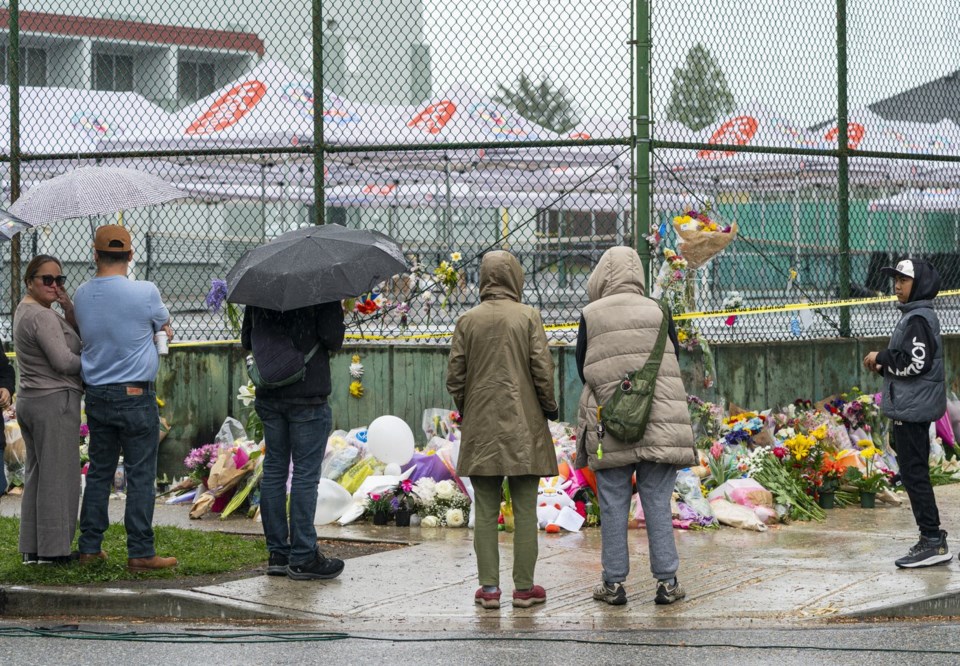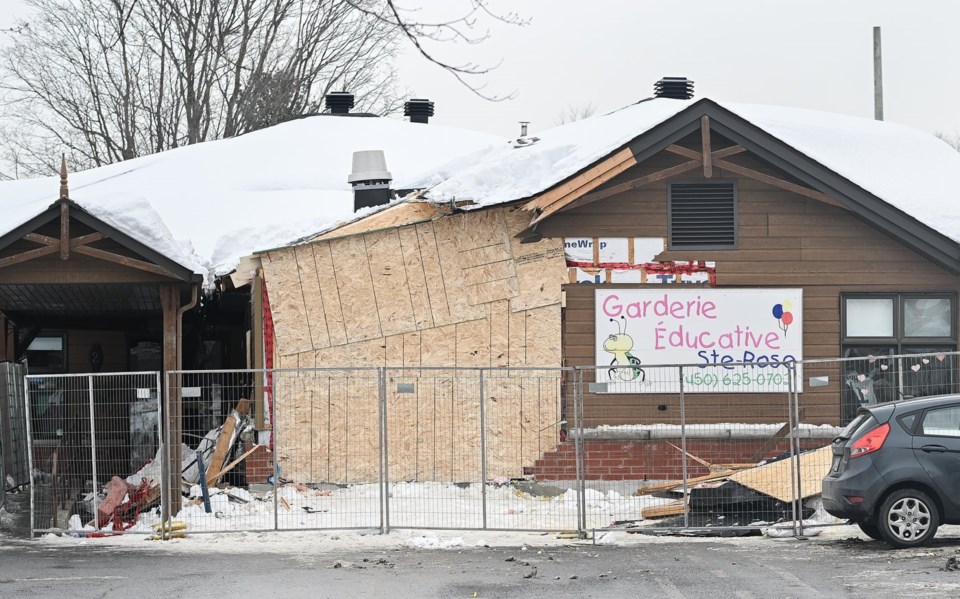Following the death of Pope Francis on Monday 21 April, a number of names have been mentioned as possible successors to become head of the Catholic Church.Although Francis, who became pope after Benedict XVI resigned in 2013, had been ill for some time, he had seemed to be on the road to recovery and, despite appearing frail, even offered a blessing from St Peter’s Basilica, in Rome, on Easter Sunday. He was 88.
“He taught us to live the values of the Gospel with fidelity, courage and universal love, especially in favour of the poorest and most marginalised,” cardinal Kevin Farrell said while announcing the news.Farrell, who is leading the Catholic Church on an interim basis, added: “With immense gratitude for his example as a true disciple of the Lord Jesus, we commend the soul of Pope Francis to the infinite merciful love of the One and Triune God.”While Catholics around the world mourned, the Vatican announced Francis’s funeral would be held on Saturday (26 April).

LONDON, UNITED KINGDOM – APRIL 21: A photograph of the Pope is displayed at Westminster Cathedral following the death of Pope Francis (Photo by Behlul Cetinkaya/Anadolu via Getty Images)Any baptised Roman Catholic man can, technically, be elected pope. But, for many centuries now, every pope has been selected from the College of Cardinals, the group which will cast votes at the conclave to choose the next pontiff. When it’s time to select a new pope, every cardinal under the age of 80 is expected to travel to Rome to vote.
Inside the Sistine Chapel, the cardinals write the name of their chosen candidate on a paper ballot which is placed into a chalice. Four rounds of balloting are held every day until a candidate receives two-thirds of the votes. The public are not allowed to see the voting but are made aware when the final choice has been made by white smoke being emitted from the Vatican’s chiminea.
Here are those believed to be the top contenders to lead the estimated 1.4 billion baptised Catholics worldwide. googletag.
cmd.push(function() { googletag.display('Desktop_Pagicle_Content_1'); }); Pietro Parolin, 70, ItalyPietro Parolin is thought to be among the candidates to succeed Francis.
(Vatican Media via Vatican Pool/Getty Images)Pietro Parolin is considered to be a relatively liberal and diplomatic figure, though his LGBTQ+ record isn’t great.On on 5 April 2019, in his role as Secretary of State of the Vatican, Parolin did agree to meet with international lawyers and civil society representatives to listen to their request for the papacy to stand against conversion therapy, but failed to renew the Holy See’s condemnation of the criminalization of same-sex relations.He has also spoken negatively about “gender ideology”, calling it “extremely dangerous because it nullifies differences in its claim to make everyone equal.
” However, he has dismissed the claim that clergy sexual abuse is linked to homosexuality, labeling it a “serious and scientifically untenable association.” “Homosexual orientation cannot be considered as either cause or aspect typical of the abuser, even more so when it is decoupled from the general arrangement of the person,” he said. googletag.
cmd.push(function() { googletag.display('Desktop_Pagicle_Content_2'); }); Luis Antonio Tagle, 67, the PhilippinesCardinal Luis Antonio Tagle is seen as a frontrunner but would not be the first Filipino pope.
(Franco Origlia/Getty Images)Tagle is considered by many to be similar in his views to the late Pope Francis. Like Francis, he supports a compassionate approach to marginalized groups such as migrants and refugees, though it’s important to note he supports the church’s opposition to same-sex marriage, abortion, and contraception.However, he does seem to have a relatively sympathetic view of LGBTQ+ people.
“[T]he harsh words that were used in the past to refer to gays and divorced and separated people, the unwed mothers, et cetera, in the past they were quite severe,” Tagle told a Catholic youth conference in London in 2015, according to Them.“Many people who belonged to those groups were branded and that led to their isolation from the wider society,” he continued. Also, in 2017, he led a social media initiative in the Philippines called the Lazarus Project, to call for LGBTQ+ acceptance in churches, and in 2019, he called on Catholic youth to stop discriminating against LGBTQ+ people.
googletag.cmd.push(function() { googletag.
display('Desktop_Pagicle_Content_3'); }); Cristóbal López Romero, 72, SpainCristóbal López Romero has been Archbishop of Rabat since 2018. (TIZIANA FABI/AFP via Getty Images)Cardinal Cristóbal López Romero, the Archbishop of Rabat in Morocco, hasn’t said much about LGBTQ+ issues. However, he does have a strong focus on reaching out to marginalised groups – and is passionate about advocating for more interreligious dialogue between Christians and Muslims, suggesting he is aligned with Pope Francis’ more inclusive and compassionate approach.
googletag.cmd.push(function() { googletag.
display('Desktop_Pagicle_Content_4'); }); Peter Turkson, 76, GhanaPeter Turkson would be the first Black pope in hundreds of years. (Joshua Sammer/Getty Images)Although hailing from a country (Ghana) with extremely negative views about LGBTQ+ people, Turkson has said he does not believe that Homosexuality should not be a criminal offence and people should be helped to understand the issue better, he told the BBC. He elaborated: “LGBT people may not be criminalised because they’ve committed no crime.
It’s time to begin education, to help people understand what this reality, this phenomenon is. We need a lot of education to get people to..
. make a distinction between what is crime and what is not crime.”The cardinal went on to discuss the fact that in one of Ghana’s languages, Akan, there is an expression “men who act like women and women who act like men”.
He argued that this was an indication that homosexuality was not an imposition from the West.“If culturally we had expressions..
. it just means that it’s not completely alien to the Ghanaian society.”His views are at odds with Roman Catholic bishops in Ghana, who say homosexuality is “despicable”.
googletag.cmd.push(function() { googletag.
display('Desktop_Pagicle_Content_5'); }); Péter Erdő, 72, Hungary Péter Erdő has been archbishop of Esztergom-Budapest and primate of Hungary for more than 20 years. (Franco Origlia/Getty Images)Erdő is considered to be one of the most conservative figures currently in the running to be the next pope. He opposes remarried Catholics receiving the Holy Communion – unless they abstain from sex.
He’s also firmly opposed to same-sex marriage. He’s also spoken in support of right wing, homophobic leader Viktor Orban’s premiership in Hungary. Hungary recently made headlines for banning LGBTQ+ Pride marches.
googletag.cmd.push(function() { googletag.
display('Desktop_Pagicle_Content_6'); }); Matteo Zuppi, 69, ItalyPope Francis gave Matteo Zuppi the task of helping to find peace in Ukraine. (Olesya KURPYAYEVA / AFP)A very liberal figure, cardinal Zuppi firmly defended Pope Francis’ line on Fiducia Supplicans, which allows Catholic priests to bless couples in irregular situations, including same-sex couples, saying the document shows “the loving gaze of the Church for all of God’s children without undermining the teachings of the Magisterium.”Eighteen months earlier, Zuppi allowed a church blessing of a male couple in his archdiocese.
googletag.cmd.push(function() { googletag.
display('Desktop_Pagicle_Content_7'); }); José Tolentino Calaça de Mendonça, 59, PortugalAt 59, José Tolentino Calaça de Mendonça is one of the youngest rumoured successors to Pope Francis. (Stefano Spaziani/Archivio Spaziani/Mondadori Portfolio via Getty Images)José Tolentino Calaça de Mendonça is a poet, biblical scholar and educator in his native Portugal, and a prelate very much on the “progressive” side of things, according to the College of Cardinals. His approach is about “rejecting hate,” and he “strives to include same-sex-attracted people and the divorced and civilly ‘remarried’ and engage Muslims, Jews, and the concerns of migrants,” the college say.
googletag.cmd.push(function() { googletag.
display('Desktop_Pagicle_Content_8'); }); Mario Grech, 68, MaltaMario Grech has served as secretary general of the Synod of Bishops since 2020. (Christopher Furlong/Getty Images)Cardinal Mario Grech, is the secretary general of the Synod of Bishops, and is another candidate who is positive about LGBTQ+ people, having previously called for the church to be more accepting of LGBTQ+ members. googletag.
cmd.push(function() { googletag.display('Desktop_Pagicle_Content_9'); }); Pierbattista Pizzaballa, 60, ItalyPierbattista Pizzaballa is currently the Latin patriarch of Jerusalem.
(ALAA BADARNEH/POOL/AFP via Getty Images)Described as a “soft conservative” by Newsweek, there isn’t much on record about Pizzaballa’s stance on LGBTQ+ rights. The College of Cardinals describe his views in very traditional language, stating: “He strongly believes in the centrality of Christ in the Eucharist, has a fervent Marian devotion, and is a great believer in the path of sanctification through tribulation in that great crucible of suffering that is the Middle East.” googletag.
cmd.push(function() { googletag.display('Desktop_Pagicle_Content_10'); }); Robert Sarah, 79, GuineaNewly appointed cardinal, Guinean Robert Sarah (L) greets visitors during the traditionnal courtesy visit after the consistory on November 20, 2010 at The Vatican.
24 Roman Catholic prelates joined the Vatican’s College of Cardinals, the elite body that advises the pontiff and elects his successor upon his death. AFP PHOTO / ALBERTO PIZZOLI (Photo credit should read ALBERTO PIZZOLI/AFP via Getty Images)Cardinal Robert Sarah is likely the most openly anti-LGBTQ+ contender on this list. He has spoken out against the Fiducia Supplicans, the Vatican declaration that allows clergy to bless same-sex couples in certain scenarios and has opposed attempts to provide legal recognition to gays and lesbians.
He is also vehemently against “gender ideology”, describing it and the Islamic State (ISIS) the “two radicalizations” that threaten the family.The post The leading contenders to be the next pope, and where they stand on LGBTQ+ rights appeared first on PinkNews | Latest lesbian, gay, bi and trans news | LGBTQ+ news..
Health
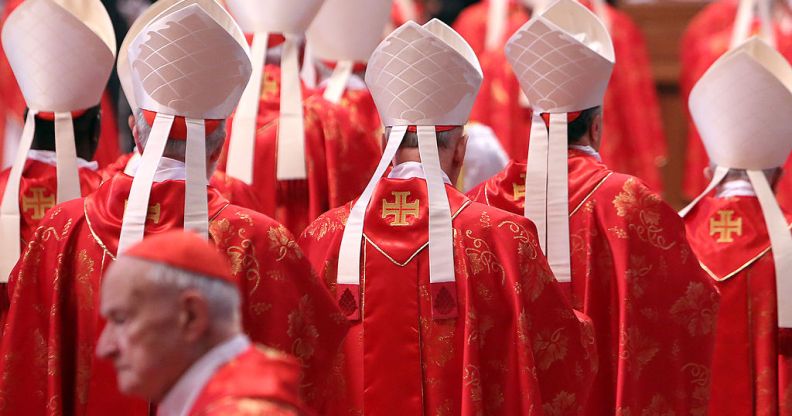
The leading contenders to be the next pope, and where they stand on LGBTQ+ rights

Following the death of Pope Francis on Monday 21 April, a number of names have been mentioned as possible successors to become head of the Catholic Church. Although Francis, who became pope after Benedict XVI resigned in 2013, had been ill for some time, he had seemed to be on the road to recovery and, [...]The post The leading contenders to be the next pope, and where they stand on LGBTQ+ rights appeared first on PinkNews | Latest lesbian, gay, bi and trans news | LGBTQ+ news.



